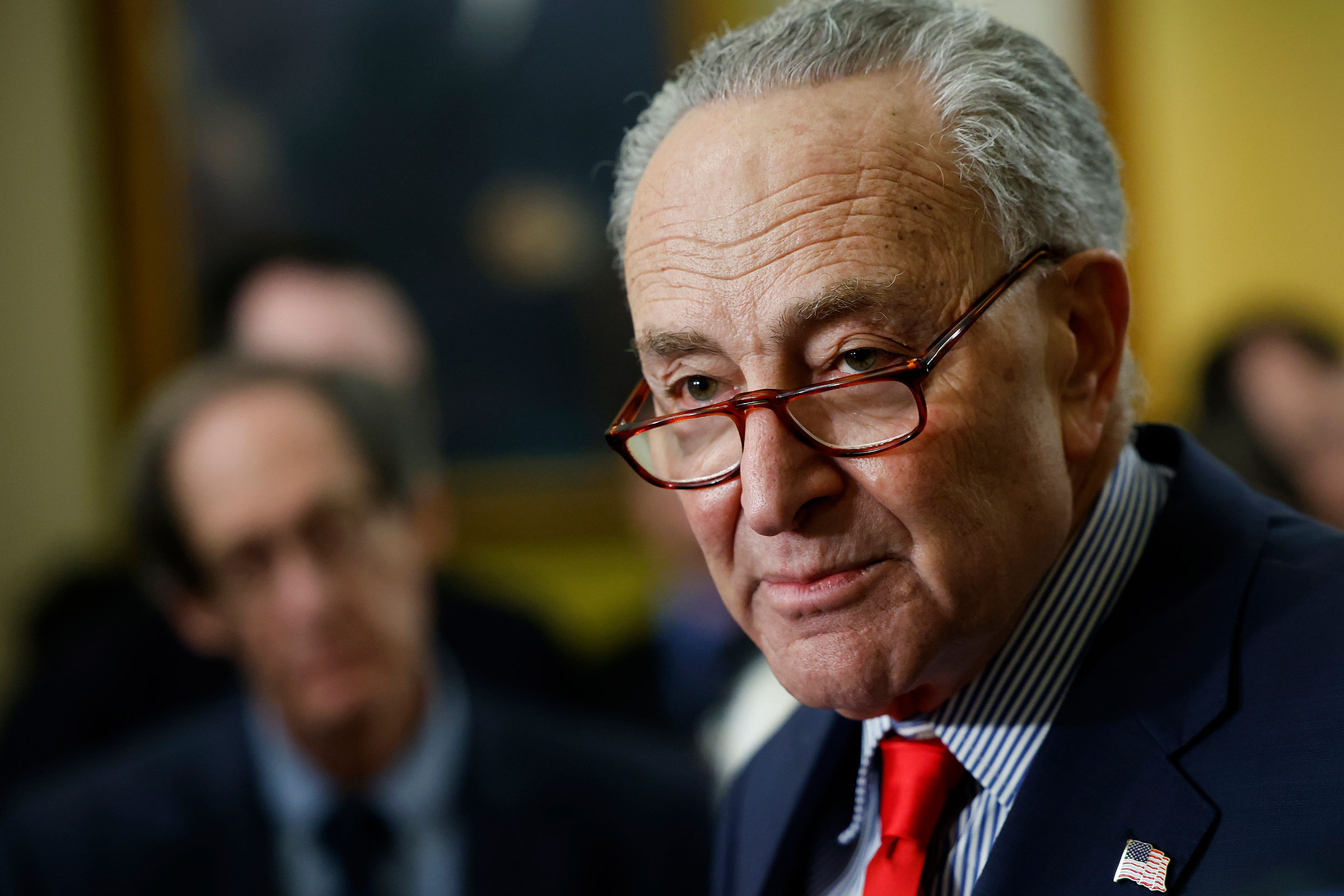GOP Reps. Nancy Mace and Marjorie Taylor Greene both told CNN that their decision to vote against the TikTok bill was not because former President Donald Trump signaled his opposition.
Greene told CNN that she didn’t speak to Trump about the bill and voted against it based on her own conclusions, saying, “He has his opinion on the bill and he can voice it. It doesn’t mean that we’re all robots.”
She said that this bill does not effectively protect Americans’ data or protect national security from China, saying a far more comprehensive approach would be needed to deal with both issues. She also raised concerns over who would buy TikTok.
Mace similarly told Manu her vote was not about Trump’s opposition, saying that she's "been against this from the very beginning before anyone else weighed in. It’s the libertarian in me. It’s not the role of government to ban apps from the app store. Nowhere in the Constitution does it say that."
Explaining why she voted against it, Mace said she thought the bill was not constitutionally sound. She said no one could show her evidence that China has taken American data and said there needs to be a broader conversation about protecting consumer data from foreign adversaries.
Meanwhile, GOP Rep. Don Bacon pushed back against the criticism that a bill which could ban TikTok in the United States is stifling freedom of speech, arguing that the purpose of the legislation that passed the House this morning is to force TikTok’s Chinese-based parent company to divest the company.






